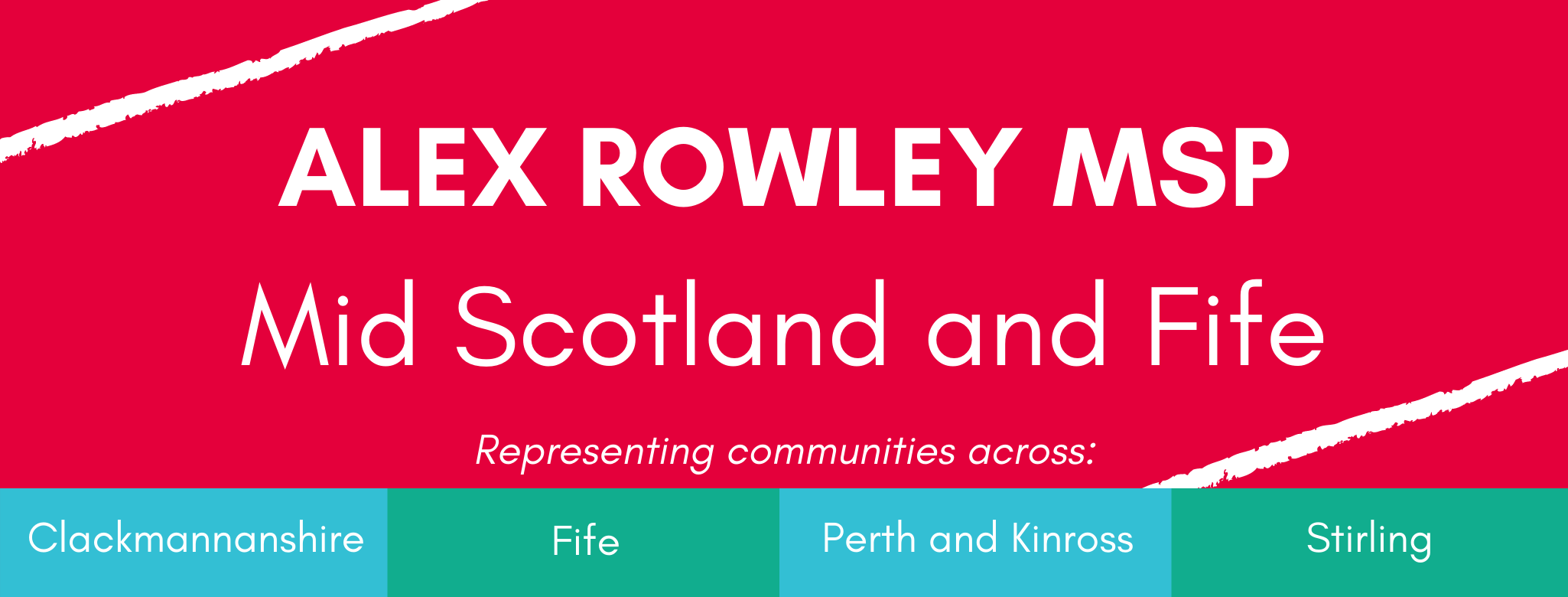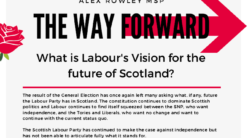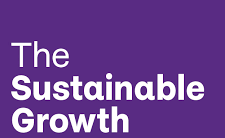
The dominant issue overshadowing political debate and decision making in Scotland since 2014 is that of Scotland’s constitutional future. This month’s council elections saw Labour move into second place but I would urge caution to those who believe that we have moved beyond the question of the constitution being the determining factor in the public’s voting patterns. The analysis of Professor John Curtice shows the pattern of voting behaviour suggests voters in Scotland were more polarised than the previous election – independence supporters were less likely to give a lower preference to a Unionist candidate, union supporters were less likely to give a lower preference to a Nationalist candidate.
So, the division continues. Views harden on the binary option of the status quo versus independence. But where does that get us as a country and how do we move forward?
In my view, there is a clear majority of Scots who favour change. The options for change, however, are not being considered because political parties are closing down such discussions, scared that they might talk Scottish independence into reality and that by avoiding the subject, it might just go away.
For those Unionist parties who simply refuse to discuss the question, I believe this is self-defeating – they will eventually be overwhelmed by the majority who want change and will opt for the only option on offer. As such, the ‘Never’ approach to the constitutional question denies the people of Scotland, including those that support remaining with the UK, an opportunity to examine and scrutinise the detail of any of the options for a change in direction for Scotland’s future.
Personally, I do not believe that independence is the best way forward for Scotland. If I did, I would support it. But I do believe that the system governing the UK is broken and that to refuse to engage with what we can change out of fear of Scottish independence does a great disservice to all the people of Scotland, however they voted in the referendum and wherever their allegiances lie now.
Whilst it is clear at the present time there is little appetite for a referendum, mainly due to the public health and economic pressures on the country, that view will no doubt change in the years ahead. Rather than trying to close the issues down, we should take a lead from the Welsh Labour government who have established an independent commission to examine and consult with the public on the best options for Wales moving forward. The alternative of allowing divisions to grow and views to harden is in no one’s interest and certainly not in the interest of the people of Scotland.



